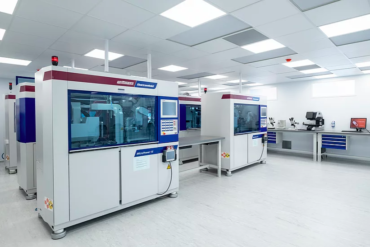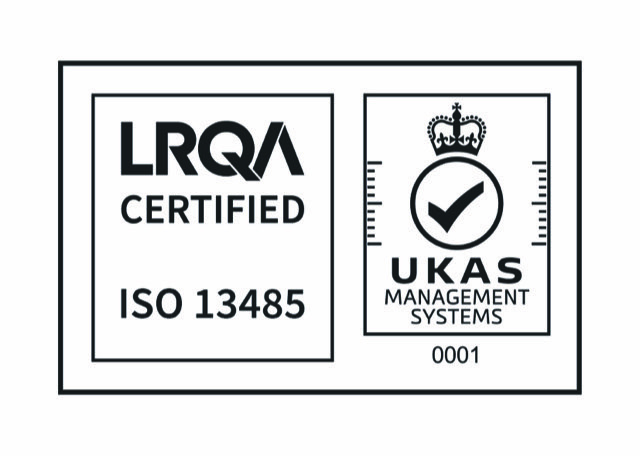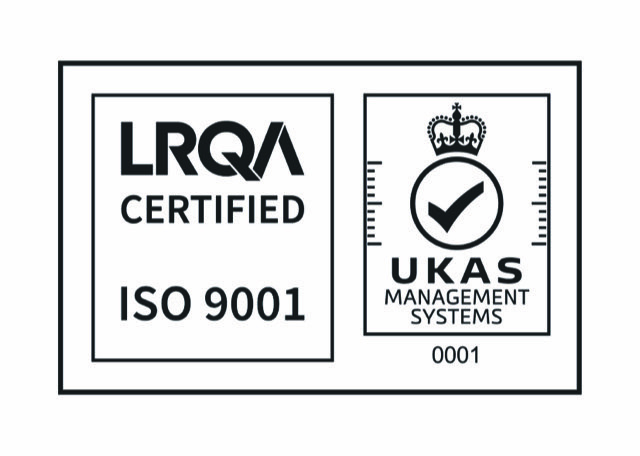What is Medical Grade Plastic?
The modern healthcare system cannot function without products made of medical grade plastic. These materials are particularly designed and produced for use in medical products and devices, while meeting high international regulatory standards.
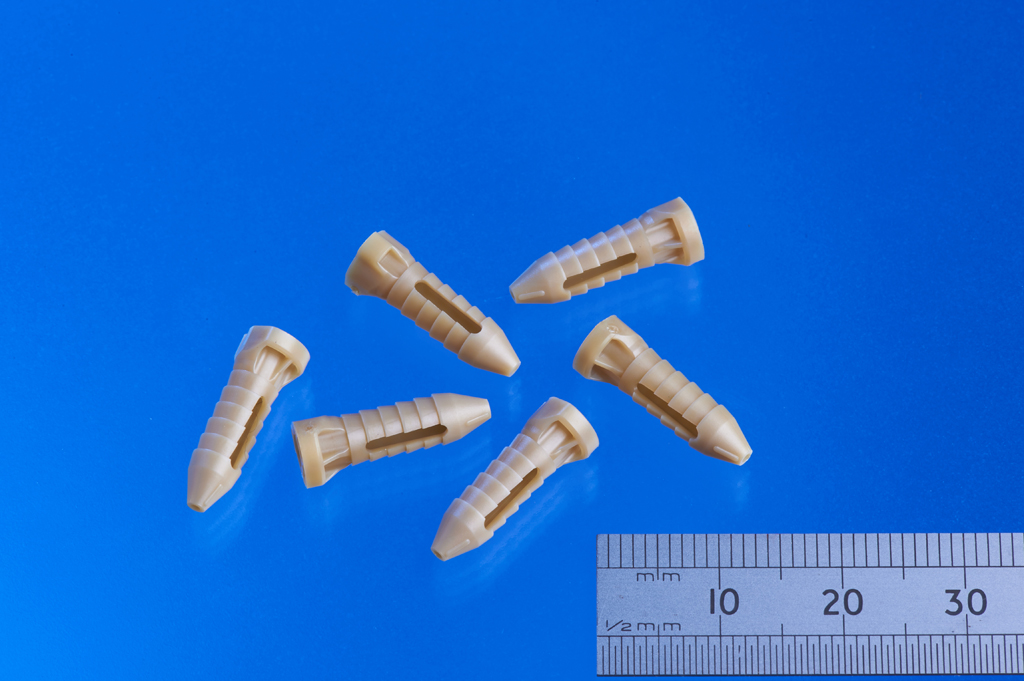
PEEK BONE IMPLANT replacing Titanium one (Photo: Micro Systems)
Medical Grade Plastic definition
Medical grade plastic is commonly defined as plastics that are particularly made to produce medical equipment and devices. In the medical industry, the usage of biocompatible plastics is intended to promote healing and recovery without resulting in unfavourable outcomes including injuries, allergic responses, or toxic reactions.
Medical grade plastic applications in the medical industry is vast, as it can be used for various types of applications, from prosthetics to syringes, or in vitro diagnostic tools and primary pharmaceutical packaging.
Plastics, synthetic or semi-organic polymers composed of oil or petroleum, are commonly used in the fabrication of medical devices as it is easier to be shaped and molded into a medical device part. Additionally, as polymers are more resistant to chemicals than metals and may be up to 10 times lighter than ordinary metals, they are preferred for making medical device components.
What does it mean by medical grade?
A polymer’s biocompatibility must be rigorously tested before it can be deemed medical grade. The gold standard for biocompatibility testing protocols is described in the ISO 10993 standard, which is the greatest illustration of what a medical grade material is. While ISO 10993 only addresses biocompatibility, it also emphasises both the material and how the material is treated during manufacture.
ISO 10993 categorized medical devices according to the anticipated length of contact (length of use and length of being in touch with biological tissues) as follows:
- Class A devices: designed for brief exposure, i.e., up to 24 hours.
- Class B devices: designed for prolonged exposure, meaning they will probably come into contact with the body for longer than 24 hours but less than 30 days.
- Class C devices: designed to be in touch for an extended period of time (more than 30 days).
Key properties that make Medical Grade Plastic suitable for the industry:
- Plastic polymers can prevent the growth of bacteria and other disease-causing organisms because they are impermeable or non-permeable
- Plastic polymers can work with various manufacturing processes to be shaped into many different shapes
- Plastic polymers can be sterilised thanks to their resilience to heat and chemicals
- Plastic polymers have the ability to withstand wear thanks to their hardness
- Plastic polymers’ biocompatibility guarantees that they won’t lead to harmful or immunological responses.
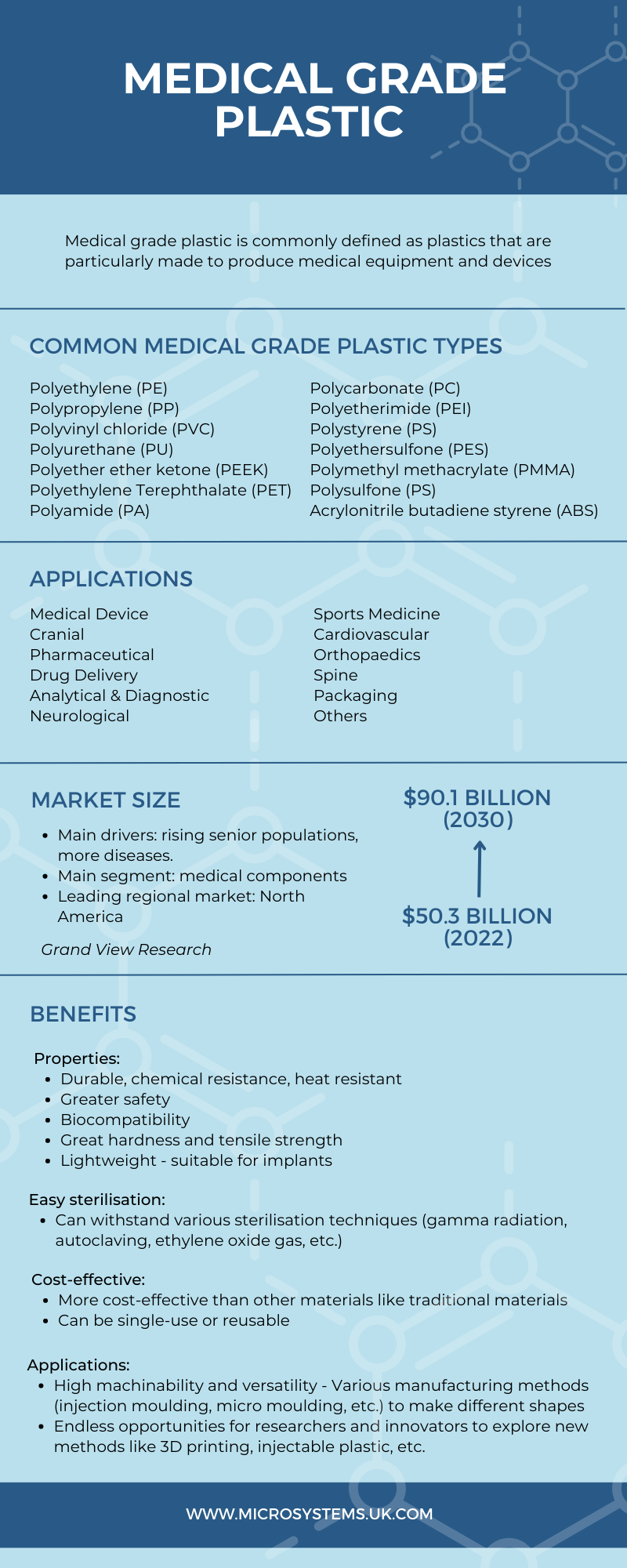
The market for Medical Grade Plastic
According to a research by Grand View Research, the market for medical plastics was estimated to be worth USD 50.3 billion in 2022, and from 2023 to 2030, it is anticipated to rise at a CAGR of 7.7%, and reach USD 90.1 billion. The main drivers of market growth during the projection period are the rising senior population in North America, Europe, and Asian nations like Japan, as well as the rising number of other diseases.
With a revenue share of more than 40.0% in 2022, the medical components segment led the application segment for the global market, followed by mobility aids, medical device packaging, sterilization and infection prevention, other implants, orthopaedic soft goods, biopharm devices and others. Geographically, North America led the regional market and contributed more than 33.0% of total sales in 2022.
Types of Medical Grade Plastic
There are many different kinds of plastic polymers used for medical purposes, but thermoplastics are the ones that are most frequently used for medical injection molding. Plastic polymers known as thermoplastics soften when heated and stiffen when cooled. The following are some of the thermoplastics used most frequently in medical injection molding:
Polypropylene (PP):
The semi-crystalline thermoplastic polypropylene (PP) is created by the catalytic polymerization of propene. Polypropylenes are universally recognised as being of the highest quality for use in medical applications as they have a balanced set of characteristics that include high purity, little water absorption, great chemical resistance, excellent dimensional stability, machinability and resistance to sterilisation via “steam” autoclaving. Special polypropylene medical grades can provide heat stabilization for usage at higher temperatures.
Applications: Orthopaedics, Medical Device, Spine, Sports Medicine, Drug Delivery, Pharmaceutical, Cardiovascular, Analytical & Diagnostic, Neurological.
Polyethylene (PE):
Polyethylene (PE) polymers are semi-crystalline thermoplastics with a high degree of toughness and excellent chemical resistance. They could have high impact strength, great chemical resistance, superior wear/abrasion resistance, and exceptional low temperature characteristics.
Applications: Pharmaceutical, Sports Medicine, Cardiovascular, Orthopedics, Medical Device, Drug Delivery, Analytical & Diagnostic.
Polymethyl methacrylate (PMMA):
Polymethyl methacrylate (PMMA) is a plastic of the highest medical grade that has long been used to create medical implants and equipment, including intraocular lens implants, bone cement, cranial implants, and medical devices needing impact strength, chemical resistance, biocompatibility, and clarity.
Applications: Medical Device, Cranial, Pharmaceutical, Drug Delivery, Analytical & Diagnostic, Neurological.
Polycarbonates (PC):
Polycarbonates (PC) is an amorphous thermoplastic with high electrical qualities, exceptional impact strength, toughness, and mild chemical resistance. PC is highly transparent due to its poor crystallinity and amorphous makeup.Medical-grade polycarbonate sheets, rods, and tubes fulfil the exacting performance standards and specifications of the healthcare sector.
Applications: Drug Delivery, Pharmaceutical, Medical Device, Analytical & Diagnostic.
Polyether Ether Ketone (PEEK):
PEEK, a special semi-crystalline engineering thermoplastic, has great dimensional stability, excellent chemical compatibility, minimal susceptibility to stress cracking, clinically established biocompatibility, superior electrical insulation, high dimensional stability and is simple to machine. In addition, it has been noticed that PEEK materials enable the production of components that are lighter, stronger, and longer-lasting in demanding conditions.
Applications: Neurological, Spine, Cranial, Orthopedics, Medical Device, Pharmaceutical, Drug Delivery, Cardiovascular, Analytical & Diagnostic.
Other commonly used Medical Grade Plastics include Acetal Copolymer (POM-C), Polysulfone (PSU), Polyphenylene Sulfide (PPS), etc.
Benefits of Medical Grade Plastic
Properties:
- Durable, chemical resistance, heat resistant
- Greater safety: non-permeable and shatter-proof so suitable for transporting biohazard materials or to prevent the spread of high-risk pathogens
- Biocompatibility: designed to be compatible with the human body to avoid negative responses.
- Some polymers have great hardness and tensile strength, for example, Nylon (2400 psi), PPS (12500 psi), PEEK (14000 psi), Ultem (15200 psi)
- Recyclable
- Lightweight – suitable for implants
Easy sterilization:
- Can withstand various sterilization techniques (gamma radiation, autoclaving, ethylene oxide gas, etc.)
Cost-effective:
- More cost-effective than other materials like metal, ceramics, glass, etc. thanks to lower material cost and lower manufacturing cost of large-scale production
- Can be single-use or reusable
Applications:
- High machinability and versatility – Various manufacturing methods (injection molding, micro molding, etc.) can be used to make different shapes
- Endless opportunities for researchers and innovators to explore new methods like 3D printing, injectable plastic, etc.
For the best outcomes of your medical device and component projects, the team of experts at Micro Systems can work with you from the very first step of the project, ensuring that the chosen medical grade plastic type is the ultimate option for high applicability and cost-effectiveness in the long run.
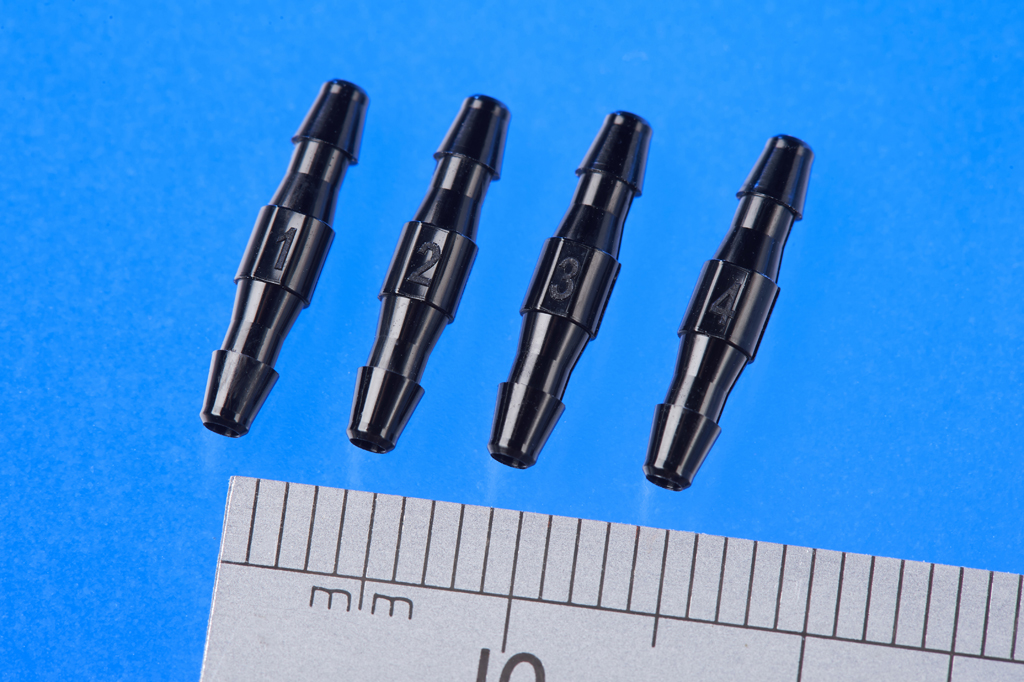
Micro Systems specializes in the design, manufacture and validation of ultra precision micro molds for the medical, pharmaceutical and optical markets, at the same time, the development and use of micro and nano technologies in the design and manufacture of injection molded components. We have a dedicated micro molding facility, and have ISO13485 and ISO9001 certifications, and an ISO Class 7 Cleanroom. For more information, please Contact us or visit our website.

